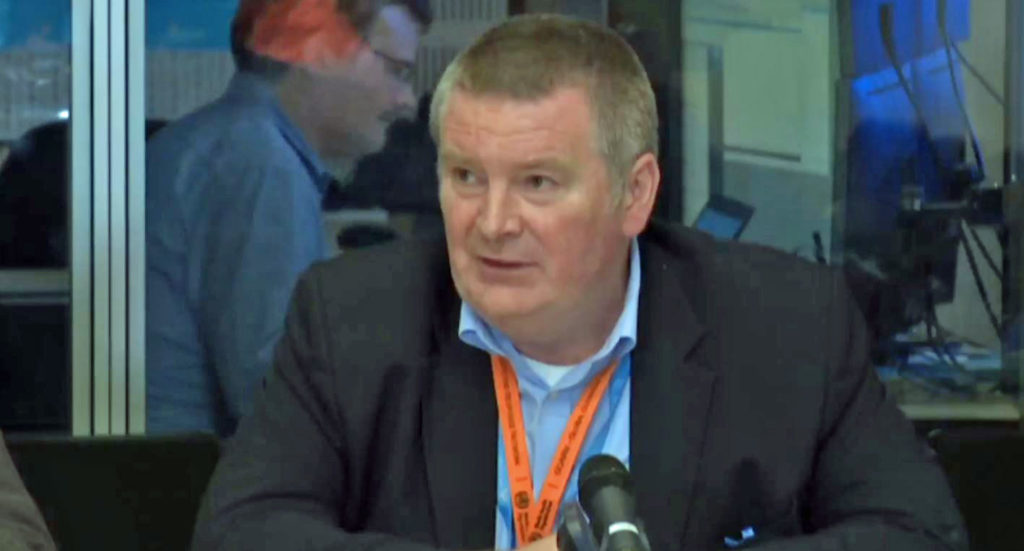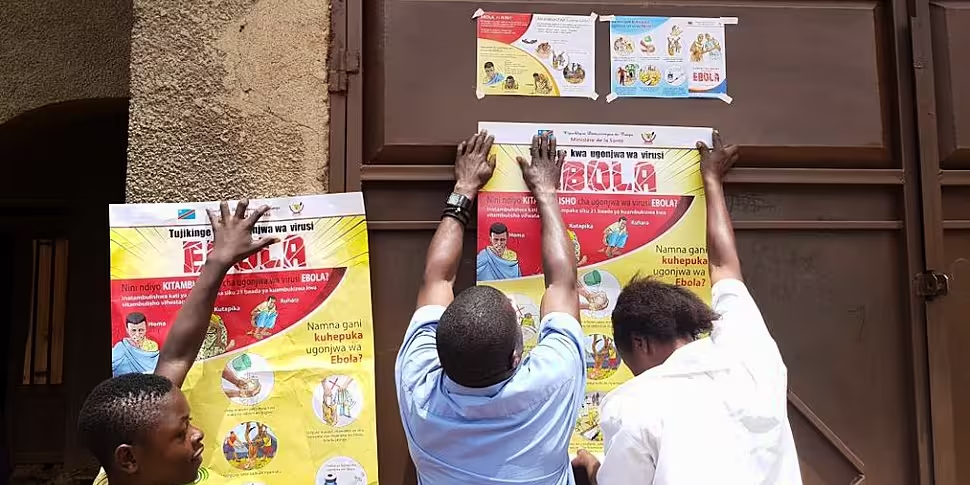The World Health Organisation (WHO) has said it is getting a hold on an Ebola outbreak in the Democratic Republic of Congo (DRC).
The WHO has given an update from its headquarters in Geneva, Switzerland at a meeting of its emergency committee.
The committee said the ongoing Ebola outbreak in North Kivu and Ituri provinces "does not constitute a Public Health Emergency of International Concern (PHEIC)."
But the committee expressed "deep concern" over a recent increase in transmission in specific areas - and the potential risk of spreading to neighbouring countries.
A new outbreak was declared in August 2018. As of April this year, there were 1,206 total cases and 764 deaths.
Senior WHO advisor, Dr Michael J Ryan, said: "Given that we've had a number of community deaths over the last couple of weeks, there are certainly transmission chains that we've missed in the city of Katwa.
"We believe we have a very good handle on the chains of transmission.
"We do not believe at the moment that there are a large number of undetected transmission chains.
"What's interesting in this outbreak is that the vast majority of cases are ultimately linked to existing transmission chains.
"But each of those obviously is a tragedy - because a case of Ebola now is an opportunity for prevention that has been missed in that sense".
Dr Ryan also said that the virus is not showing much genetic change as it is being tracked through populations.
 Dr Michael J Ryan - senior WHO advisor - speaking at the organisation's headquarters in Geneva | Image: WHO
Dr Michael J Ryan - senior WHO advisor - speaking at the organisation's headquarters in Geneva | Image: WHOBut he said: "We've had 87 infections in healthcare workers, and each of those is an individual tragedy.
"It's important when we say the word 'healthcare worker', these healthcare workers are working in a very diverse range of environments.
"From traditional practitioners who are practicing out of a room in their house, through to trady modern facilities - which are a mixture of traditional and modern treatment - to private healthcare facilities, all the way through to government-run healthcare facilities".
"Even identifying all of the centres that you could label as a healthcare facility is difficult in itself".
The WHO has also recommended that cross-border collaboration should continue to be strengthened, including timely sharing of data and alerts.
It also said cross-border community engagement and awareness needs to continue.
"Work should be done to better map population movements and understand social networks bridging national boundaries", it added.









